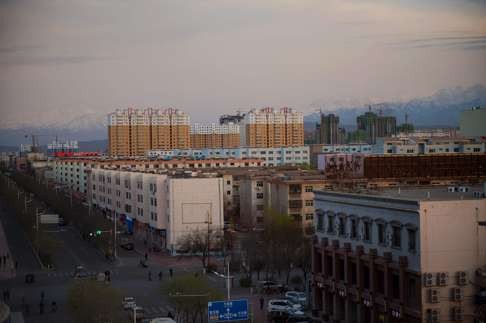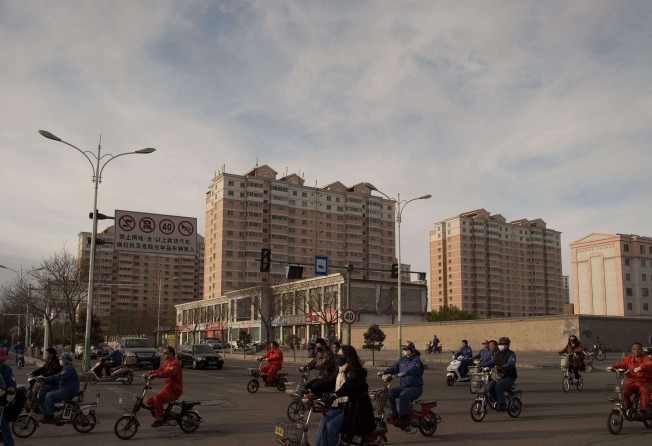
China’s farmers can be a significant source of housing demand for lower tier cities, say experts

China’s plan to reduce the stock of unsold properties in lower-tier mainland cities by increasing demand from rural migrants has started yielding positive results, according to a Chinese property expert.
In some smaller cities, buyers including farmers and migrant workers have accounted for as much as 70 per cent of the total sales, said Chen Sheng, dean of the mainland-based China Real Estate Data Academy, a unit of the China Real Estate Association under the Ministry of Construction.
According to data provided by the city mayors in Longyan, Fujian province and Wuhu city in Anhui province, farmers and migrant workers accounted for 50 to 70 per cent of total home sales, according to Chen.
“Longyan and Wuhu are just two examples. There are a lot of other third and fourth tier small cities that have seen positive response from farmers and migrant workers,” said Chen.
Inventory problems that exist in the mainland real estate market will be largely solved when these policies are implemented to ensure so-called “new citizens” gradually settle down in the smaller cities, he added.

During China’s Central Economic Work Conference held at the end of last year, the central government highlighted property destocking as one of the country’s five main structural reforms to be addressed in 2016. Many third or fourth tier city governments have rapidly expanded property development in the past few years, resulting in a high inventory of homes .
One solution to clear the inventories was by encouraging migrant workers and farmers to purchase homes, according to speakers at the economic conference. Beijing also relaxed the scheme for the non-registered population, including migrant workers and farmers, so they could become “new citizens” and qualify to settle in they cities where they are working.
“The buying trend is just like what happened in Shanghai and Beijing 10 to 20 years ago. The markets were supported by ‘new citizens’. Now it is happening in inland cities,” said Chen.
Chen said the demand for private homes in rural areas was strong, supported by new households.
“The number of females in rural areas is significantly behind the number of males. A man can get a wife only if he can offer her a private unit,” said Chen.
He believes urbanisation will be the key factor to support the mainland’s property market. But in some smaller cities where there is still excess supply and the economy remains slow, they will still suffer from a property slump.
New home prices rose in 62 of the 70 cities tracked by the National Bureau of Statistics last month, up from 47 in February. Prices fell in eight cities, the National Bureau of Statistics said on April 18.